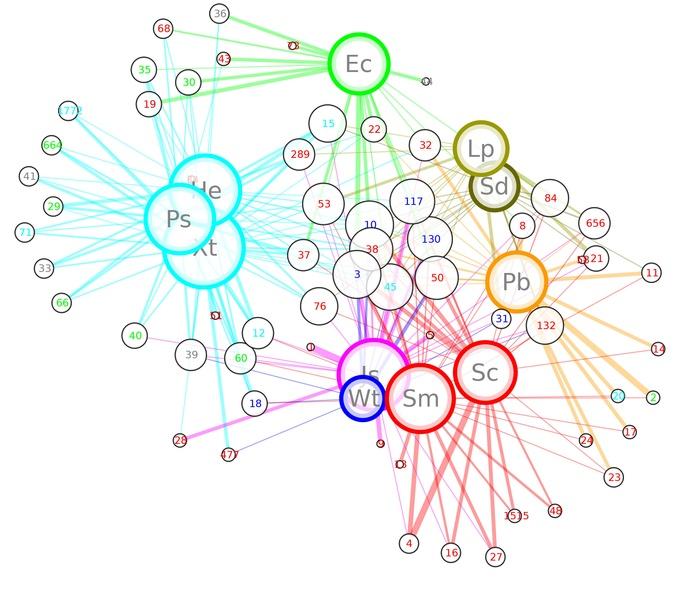
Identifying the role and composition of Bacteria and other microbes in sponge host to gain a better understanding of the coral reef ecosystems and the role of Bacteria therein.
Inshort
Sponges are abundant and conspicuous components of coral reef ecosystems. They play a key role in substrate and water column nutrient dynamics where their pumping capacity contributes to coupling productivity between the benthos and overlying water column. Sponges host a diverse and abundant array of microbes including both Archaea and Bacteria. Up to 60% of the tissue volume of certain sponge species consists of microbes with a density exceeding 109microbial cells per ml of sponge tissue, orders of magnitude greater than that found in seawater or sediment.
The evolutionary and ecological success of sponges may in part be related to their intimate relationship with these microbial communities. The exact roles of these microbes in sponges remain, however, largely unknown. Environmental change is pertinent on coral reefs and this is to a large extent due to eutrophication and ocean acidification. It is unclear though how the dense communities of microbes in sponges will respond to a changing environment. Identifying the role and composition of Bacteria and other microbes in different biotopes is thus essential in order to gain a better understanding of the coral reef ecosystems and the role of Bacteria therein.